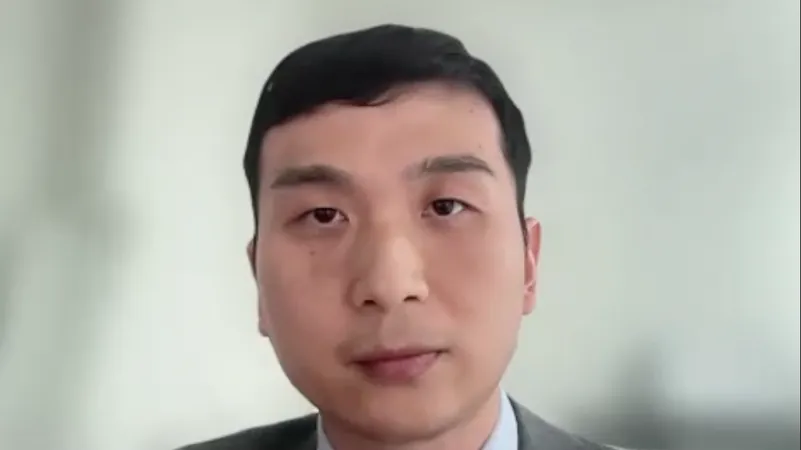
Breakthrough in Breast Cancer Treatment: Ultra-Hypofractionated Radiation Shows Promise in Reducing Recurrence Rates
2024-10-06
Author: Rajesh
Introduction
In a significant advancement presented at the 2024 American Society of Radiation Oncology (ASTRO) Annual Meeting, Dr. Bin Gui, a radiation oncology resident at Northwell Health Cancer Institute, shed light on the impact of ultra-hypofractionated radiation therapy (UHFRT) for older patients suffering from early-stage breast cancer. The findings of this study could be a game-changer in how breast cancer is treated, providing new hope for patients at risk of recurrence.
Study Overview
The study focused on assessing the safety and efficacy of UHFRT, utilizing regimens from the phase 3 FAST-Forward trial and an accelerated partial breast irradiation (APBI) trial. Dr. Gui noted that patient compliance was notably strong for those undergoing radiotherapy, with full compliance recorded, while only 24% of patients adhered to additional endocrine therapy, primarily due to adverse effects.
Results
Encouragingly, results from the trial revealed no instances of ipsilateral breast tumor recurrence (IBTR) among the UHFRT cohort at the 10-month follow-up. In addition, no grade 3 or 4 toxicities were observed, and low-grade toxicities remained minimal—only 2% in the UHFRT alone group and 0% in those receiving UHFRT alongside endocrine therapy. Late toxicities also remained low, further establishing the safety profile of this innovative treatment.
Patient Demographics
In total, over 1,000 patients with early-stage breast cancer were treated at the institute over the past four years, with 71 fulfilling the low-risk inclusion criteria for the study. The median tumor size among these patients was 0.8 cm, indicating the potential effectiveness of UHFRT in managing smaller tumors.
Conclusion
Dr. Gui emphasized the promising nature of these findings, highlighting that with a median follow-up of 10 months, local recurrence was non-existent within the cohort, and patients experienced manageable, low-grade side effects. This positions UHFRT as not only an effective option for early-stage breast cancer patients but possibly as a standard practice moving forward.
As the medical community continues to seek effective and less burdensome treatment options for breast cancer, ultra-hypofractionated radiation represents a hopeful avenue with the potential to transform patient care significantly. With such positive results, further research and clinical applications may soon follow, potentially benefiting countless patients battling this common cancer.

 Brasil (PT)
Brasil (PT)
 Canada (EN)
Canada (EN)
 Chile (ES)
Chile (ES)
 España (ES)
España (ES)
 France (FR)
France (FR)
 Hong Kong (EN)
Hong Kong (EN)
 Italia (IT)
Italia (IT)
 日本 (JA)
日本 (JA)
 Magyarország (HU)
Magyarország (HU)
 Norge (NO)
Norge (NO)
 Polska (PL)
Polska (PL)
 Schweiz (DE)
Schweiz (DE)
 Singapore (EN)
Singapore (EN)
 Sverige (SV)
Sverige (SV)
 Suomi (FI)
Suomi (FI)
 Türkiye (TR)
Türkiye (TR)